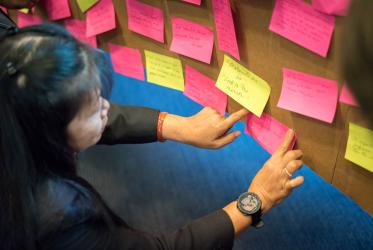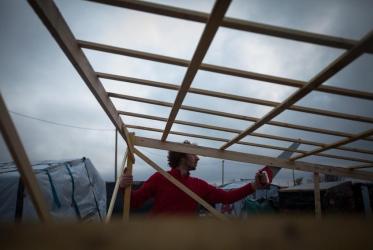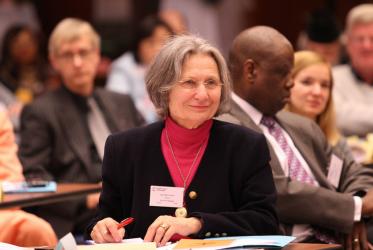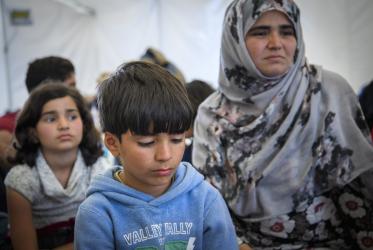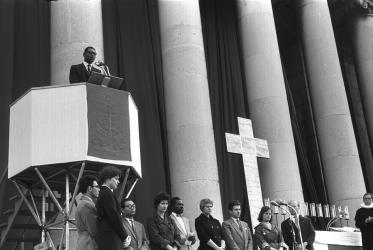Displaying 81 - 100 of 114
World conference on xenophobia, racism, and populist nationalism in the context of global migration
18 - 20 September 2018
Ergife Palace Hotel, via Aurelia 619, Rome, Italy
#WCC70: A chance to change
21 February 2018
Trying to do good for the world
18 December 2017
WCC, Vatican confront xenophobia, populism and racism
16 December 2017
Consensus, collaboration emphasized at WCC meeting in Greece
11 October 2017
Building Capacity for Ministry with Migrant Churches in Europe
01 - 03 September 2017
Geneva, Switzerland
